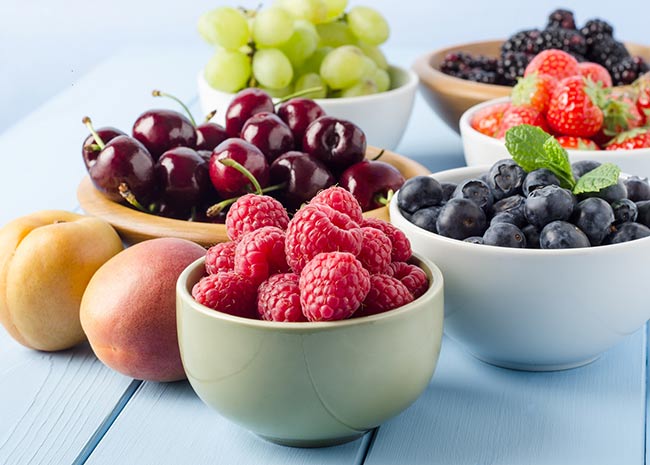Key Technology introduces sorters with ‘Sort-to-Grade’ for potato strips
Key Technology has released VERYX digital sorters equipped with its Sort-to-Grade (STG) software for both wet and frozen potato strips. While VERYX targets all foreign material (FM) for removal, STG recognizes and categorizes surface defects and the dimensional characteristics of individual strips and makes each accept/reject decision based on how it will impact the aggregate “in the bag” grade as defined by the processor, Key said.
“By controlling the output for defect types that must be managed to a particular grade or ‘spec,’ VERYX with STG accurately maintains the most complex final product specifications without operator intervention while increasing yields by one to three percent and enabling processors to eliminate mechanical length grading,” the company wrote.
When the target grade permits a certain measure of minor defects to be present, a VERYX STG sorter will pass only the allowed amount of that defect type. By controlling the quality of the output to a defined grade, STG is designed to ensure the final product specification is consistently met.
STG can profile the length of each potato strip as well as any surface defects that may appear on the potato strip. VERYX with STG can be programmed to reject strips that are too short or too long for the grade while managing the distribution of strip lengths within multiple user-defined categories (“length bins”) between those two absolutes. If the grade allows for a given percentage of all strips to be between X and Y in length, another percentage to be between Y and Z in length and so on, STG will make accept/reject decisions to deliver exactly the required length profile.
“By eliminating mechanical graders, the processor reduces their capital costs and frees up floor space at the same time they remove a potential source of FM introduction and reduce maintenance and sanitation expense,” said Marco Azzaretti, advanced inspection systems product manager at Key. “Also, operational versatility is significantly improved because a sorter’s length grading parameters are instantly managed on the user interface, without having to make mechanical adjustments.”
All sorters make accept/reject decisions by comparing the defect and/or the dimensions of each object to predetermined criteria. Without STG, those decisions are made as a sequence of one-off decisions, regardless of final “in the bag” quality results. Historically, an operator has had to adjust the sorter’s accept/reject thresholds subjectively in an effort to make grade given inevitable fluctuations in the quality of incoming product. This traditional approach to sorting can result in too many defects being rejected, creating significant yield loss and, when incoming defect loads spike, final grade specifications can be missed, Key said.
“Like ‘cruise control’ on a vehicle, STG automates adjustments to dynamically maintain a consistent outcome despite constant variations in incoming product quality characteristics,” Azzaretti said. “Our powerful STG algorithms far surpass a human’s ability to manage the sorter.”








